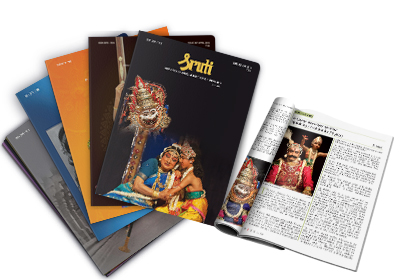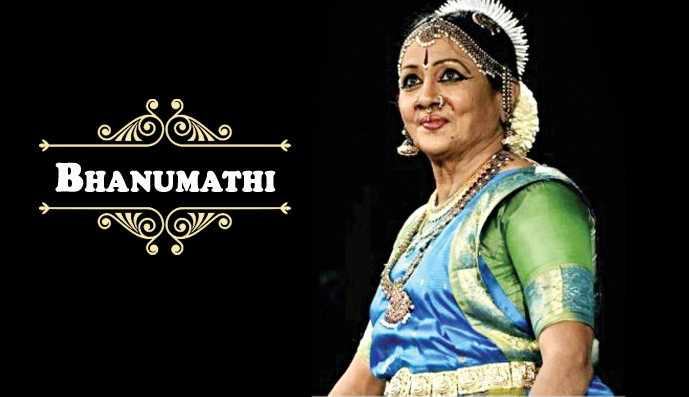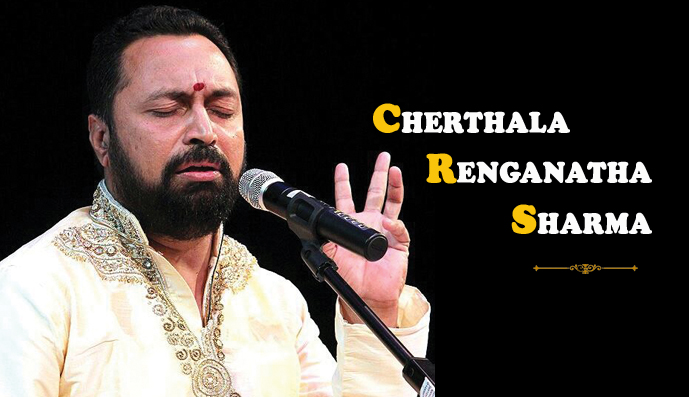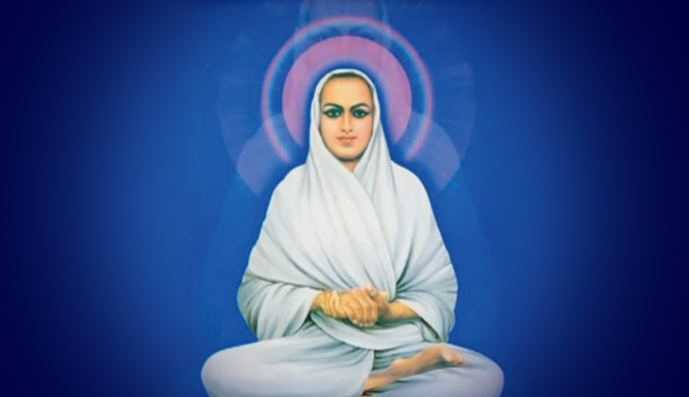Ebrahim Alkazi, the visionary leader of Indian theatre, passed away in Delhi’s Escorts Hospital on 4 August 2020; he was 94. It was a shock to all of us, his students, and to Amal Allana, Alkazi’s daughter and former chairperson of National School of Drama and successor of Alkazi’s legacy and art heritage. He was a colossus of modern Indian theatre and an institution builder. The entire theatre community of India mourned his death. Alkazi was born on 18 October 1925 in Pune and was Arab by birth. He pursued his education in Mumbai, earned a scholarship and studied theatre at the Royal Academy of Dramatic Arts in London. He was still in his twenties when he received awards such as The British Drama League for work of outstanding merit and the BBC Award for Broadcasting. Thereafter, he received several prestigious awards like the Kalidas Samman, Tanveer Award, the Central Sangeet Natak Akademi Award and the SNA Ratna or Fellow. He was the proud recipient of all three honorifics of Padma Shri, Padma Bhushan and Padma Vibhushan conferred by the Government of India for his unique contribution to theatre and arts.
On the noon of 24 May 2021, the dance fraternity of Bengaluru was shocked as the news of guru Bhanumati’s demise, due to Covid, spread like wildfire. None could believe that someone who was so much respected and loved by both the fraternity and the connoisseurs of Bharatanatyam, was no more. Bhanumati was born on 30 September 1946, in a musically inclined family in Pune. Father, Dr. C.S. Balakrishnan was a veterinary doctor and a promoter of classical Carnatic music, while mother Isai Mani, L.R. Lakshmi was a Carnatic musician and composer. Bhanumati was so inspired by Kumari Kamala’s Bharatanatyam performance in Pune, that she decided to devote her life to dance.
Shertallay K.N. Ranganatha Sharma hails from a family steeped in classical music, and settled at Shertallay (Cherthala) in Kerala. Ranganatha Sharma is blessed with a sonorous voice; the ‘gaathram’ in the voice is his strength and has indeed kept him in good stead in the concert circuit for more than three decades. A commanding stage presence, kutcheri formatting, profound alapanas, inspired rendering of kritis, adherence to grammar, clear diction and grip over tala and laya—all these elements in the right proportion make his concerts an experience to cherish.
Arutprakasa Vallalar or Ramalinga Swamigal was a savant of the 19th century whose teachings were startlingly refreshing for his times and remain so even today. The concepts of universal love, recognising hunger as the greatest impediment to growth, and the worship of God as light remain utopian and yet cherished ideals – these may be so for all time to come. The biographical details of Vallalar are well known and this article focuses on locations in and around Chennai where he composed some of his 5818 verses, collectively known as the Arupta. The city was the setting in which the first half of Ramalinga Swamigal’s life played out. Though he was born on 5 October 1823 to Ramiah Pillai and Chinnammai at Marudur village in South Arcot district, the family moved to Madras when Ramalingam was very young.
CONTENTS
6 Sruti box
8 News & notes
12 Birthday calendar
14 Ebrahim Alkazi
22 B. Bhanumati
26 Shertallay Ranganatha Sharma
32 Heritage sthalams v Vallalar
songs on Chennai
34 Spotlight v Artists on Freedom
40 Tribute v Parassala B. Ponnammal
42 Pages from the past v Interview
with Ponnammal
44 Bookshelf
46 From the Editor
Front
Cover: Ebrahim Alkazi (photo
courtesy: Alkazi Theatre Archives)
B. Bhanumati (photo: Srivatsa Shandilya)
Shertallay Ranganatha Sharma
No.
443






